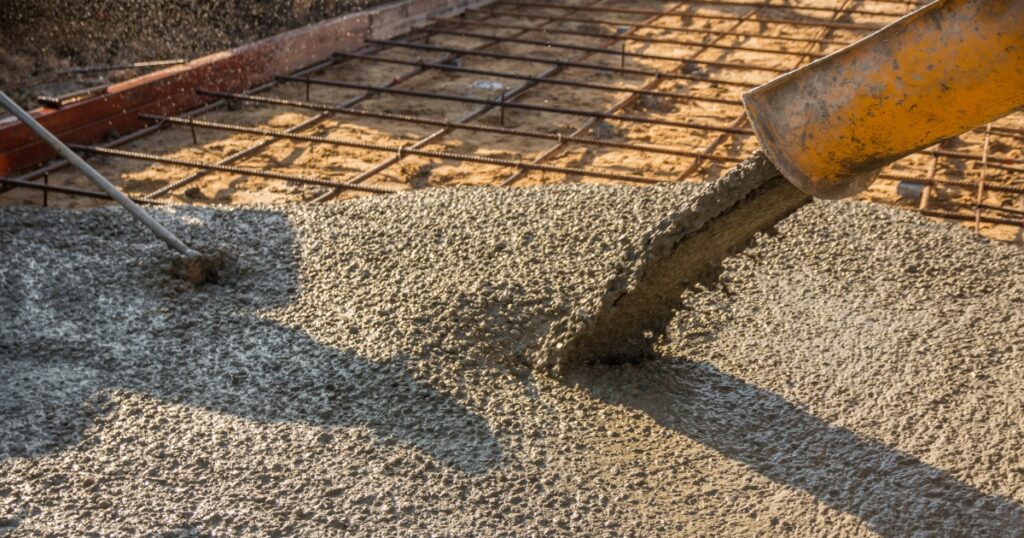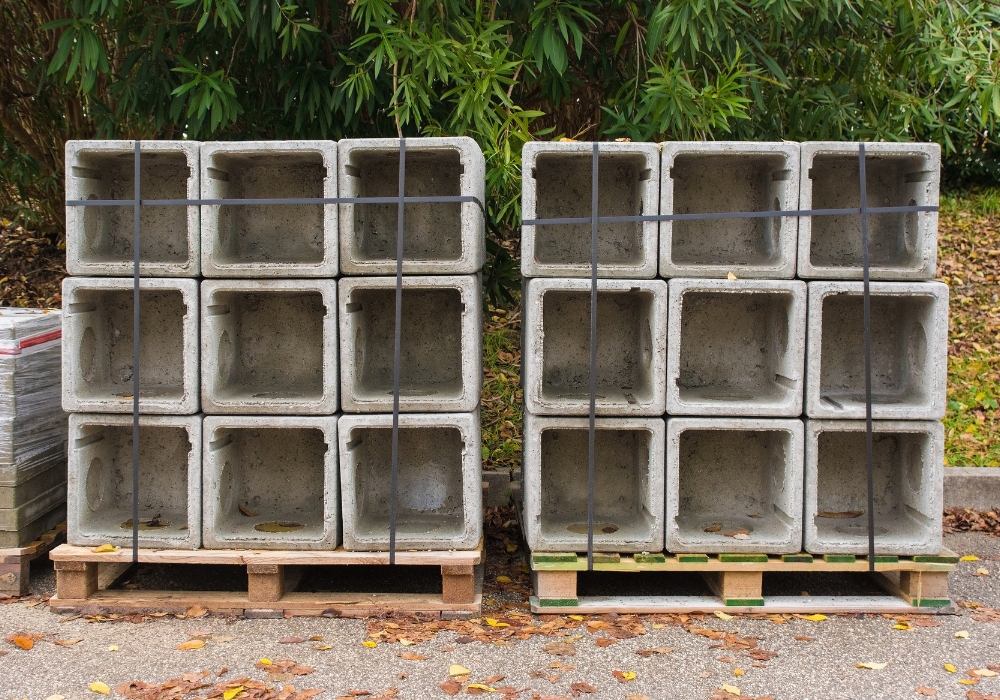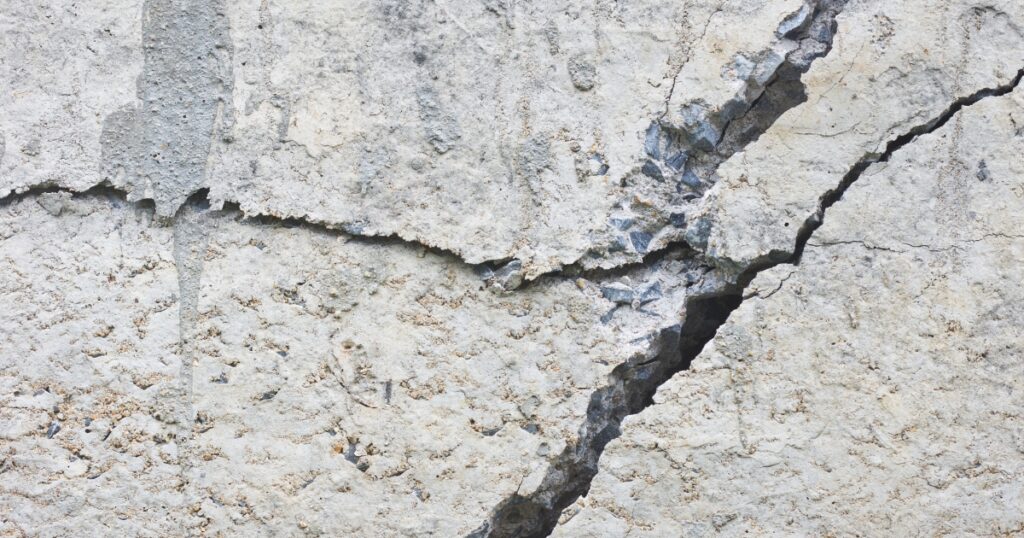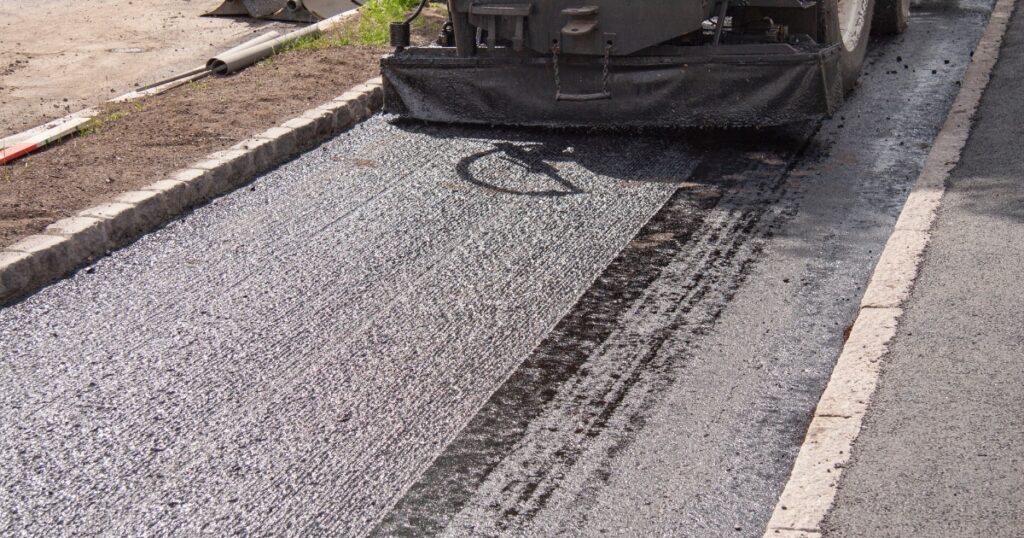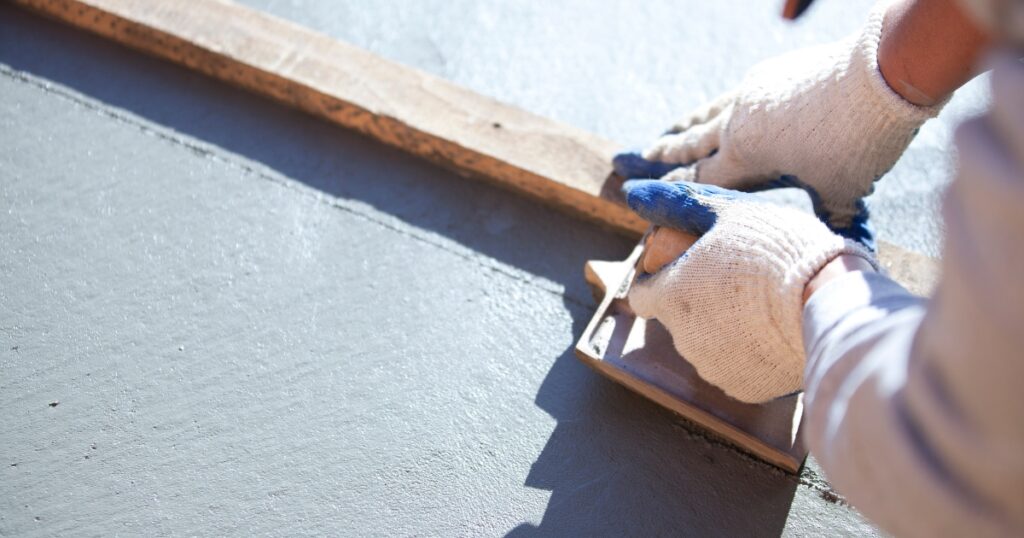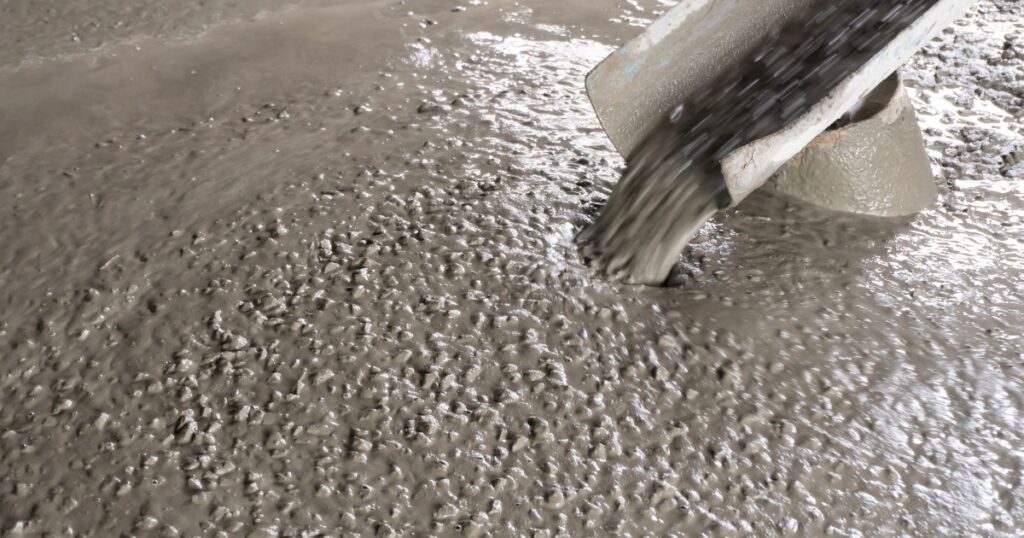Selecting the right concrete mix for your project is crucial to ensure its durability, strength, and longevity. Whether you’re building a driveway, patio, foundation, or any other concrete structure, the mix you choose will have a significant impact on the final outcome. Here’s a comprehensive guide to help you choose the right concrete mix for your project.
Understanding Concrete Mix Components
Basic Ingredients
Concrete is composed of four main ingredients: cement, water, sand, and gravel or crushed stone (aggregate). The proportions of these ingredients determine the mix’s properties. Understanding these components and their roles is the first step in selecting the right mix.
Cement
Cement acts as the binding agent in concrete. The type of cement you use can influence the concrete’s strength, setting time, and resistance to environmental factors. Portland cement is the most common type used in residential and commercial projects.
Water
Water activates the cement and helps it bond with the aggregate. The water-to-cement ratio is critical in determining the concrete’s workability and strength. Too much water can weaken the mix, while too little can make it difficult to work with.
Aggregate
The aggregate provides structure and bulk to the concrete. The size and type of aggregate can vary depending on the project requirements. Fine aggregates, like sand, and coarse aggregates, like gravel, are typically used in combination.
Types of Concrete Mixes
Standard Mixes
Standard concrete mixes are commonly used for general construction projects. These mixes have a balanced composition of cement, water, and aggregate, making them suitable for a wide range of applications.
- C20/25: Ideal for domestic projects such as driveways and paths.
- C30/37: Suitable for structural elements like floors and beams.
High-Strength Mixes
High-strength concrete mixes are designed for projects requiring greater load-bearing capacity and durability. These mixes contain higher cement content and may include additives to enhance performance.
- C40/50: Used in commercial and industrial projects, such as large-scale foundations and high-rise buildings.
- C50/60 and above: Typically reserved for specialised applications like bridges and heavy-duty pavements.
Speciality Mixes
Speciality concrete mixes are formulated for specific conditions or performance requirements. These can include:
- Lightweight Concrete: Made with lightweight aggregates, suitable for non-load-bearing walls and structures where weight reduction is crucial.
- Fibre-Reinforced Concrete: Contains fibres that improve tensile strength and reduce cracking, ideal for industrial floors and pavements.
- Rapid-Set Concrete: Sets quickly, useful for time-sensitive repairs and projects.
Factors to Consider When Choosing a Mix
Project Requirements
Consider the specific needs of your project, such as load-bearing capacity, exposure to environmental factors, and the desired finish. For example, a driveway will need a mix that can withstand heavy vehicles, while a decorative patio might prioritise aesthetics and finish.
Climate and Environmental Conditions
The local climate and environmental conditions can influence your choice of concrete mix. In areas with freeze-thaw cycles, choose a mix with air-entraining agents to prevent cracking. For projects in hot climates, opt for a mix with a slower setting time to ensure proper curing.
Workability
Workability refers to how easy the concrete is to mix, place, and finish. High workability is essential for complex forms and tight spaces. Adjusting the water-to-cement ratio and using plasticisers can improve workability without compromising strength.
Consulting with Professionals
Expert Advice
Consulting with concrete professionals or suppliers can provide valuable insights into selecting the right mix. They can recommend the best mix based on your project’s specifications and local conditions. Additionally, they can offer guidance on additives and admixtures that can enhance performance.
Testing and Quality Control
Performing concrete tests, such as slump tests and compressive strength tests, ensures that the mix meets your project requirements. Regular quality control checks during the mixing and pouring process help maintain consistency and reliability.
The Right Mix for Success
Choosing the right concrete mix is essential for the success of your project. By understanding the components, types of mixes, and key factors to consider, you can make an informed decision that ensures durability, strength, and longevity. Don’t hesitate to seek professional advice to ensure you select the best mix for your specific needs. Remember, the right mix makes all the difference.
